Your must-read for the day, if you have not read it already, is a piece by Nathan J. Robinson in Current Affairs titled The Necessity of Credibility. It thoroughly exposes many examples of “fake news” by Big Media — including their claims that conservatives are routinely engaged in spreading “fake news.”
The piece opens with a discussion of a topic that irritated me quite a bit recently: the pack of bleating media sheep who claimed that Trump was blatantly lying when he said that millions of people voted illegally. (The claim has not been proved, but is far from outlandish.) As Robinson explains, the Washington Post “fact-checkers” pounced, with Glenn Kessler calling Trump’s claim “bogus” and decrying Trump’s “wild allegations.”
But when people wondered where Trump got the idea that a significant percentage of people had voted illegally, the Trump transition team cited . . . a piece from the Washington Post. Whoops!
Then it got even more farcical. Now the “fact-checkers” gave four Pinocchios to the Trump camps’s claim that the piece had been in the Washington Post. How could that be, when it actually had been in the Washington Post? Because, the fact-checkers claimed, it had been in a blog hosted by the Washington Post. Never mind that the URL begins: “www.washingtonpost.com.” Never mind that, as Robinson points out, the blog’s name appears “in tiny letters beneath the ordinary full-sized Washington Post logo.”
Who are you going to believe, the fact-checkers or your lying eyes?
The Washington Post itself was the source for the Trump claim that the Washington Post claimed was bogus and alarming. Fake! And then the Washington Post tried to deny they were the source, when they had been!
Fake fake fakety fake!
The voter fraud story is indicative of a much wider problem with U.S. political media: its attempts to point out Trump’s falsehoods are consistently undermined by the media’s own lack of credibility on matters of fact. Especially with the rise of “fact-checking” websites, whose analysis is frequently shoddy and dubious, the political media contribute to the exact kind of “post-truth” atmosphere that journalists criticize Trump for furthering.
An interesting and illuminating example of this can be found in the controversy over so-called “fake news.” A few weeks after the election, a series of critics lamented the role of “fake” stories during the election cycle. A study by BuzzFeed reported that “the top-performing fake election news stories on Facebook generated more engagement than the top stories from major news outlets.” A number of commentators saw this as a bad sign for the future democratic governance. Andrew Smith of The Guardian suggested that the proliferation of false stories on social media was eroding the very foundations of reality. In the New York Times, Nicholas Kristof solemnly concluded that “fake news is gaining ground, empowering nuts and undermining our democracy.”
But, as Robinson notes, many of the examples of “fake news” offered up by Big Media are themselves fake.
Particularly pernicious is the rise of “fact-checking” websites, which are ostensibly dedicated to promoting objective truth over eye-of-the-beholder lies, but which often simply serve as mouthpieces for centrist orthodoxies, thereby further delegitimizing the entire notion of “fact” itself. As Current Affairs has previously argued at length, websites like PolitiFact frequently disguise opinion and/or bullshit as neutral, data-based inquiry.
This happens in a couple of ways. First, such websites frequently produce meaningless statistics, such as trying to measure the percentage of a candidate’s statements that are false. PolitiFact constantly spreads its statistics about how X percent of Trump or Clinton’s statements are rated false, declining to mention the fact that this statistic is empty of any content, since the statements that are evaluated haven’t been randomly selected. The centrist biases of fact-checkers also affect their decisionmaking. Fact-checkers have, for example, insisted that it was wrong to say Hillary Clinton wanted to get rid of the 2nd Amendment. But this isn’t a “factual” dispute at all. It depends on one’s interpretation of the 2nd Amendment’s essential meaning, something that varies based on one’s personal political values.
Robinson gives several specific examples of instances in which fact-checkers called something “false” that was literally true because of a political argument about the interpretation of the true fact. This is something I have railed about many times before. As one example among many, take Carly Fiorina’s claim that she went from secretary to CEO: admitted by the fact-checkers to be true, but deemed false by the fact-checkers because of its implications. There are an appalling number of similar “fact-checks” by these propagandists masquerading as neutral arbiters of truth.
The piece is long and chock-full of interesting anecdotes, facts, and quotes. It’s worth your time and gets the coveted read the whole thing recommendation. I’ll end the post with this quote:
Those who say Donald Trump dwells in a “post-truth” realm are not wrong. He lies a hell of a lot, and misrepresents a hell of a lot more. But in order for the “post-truth” charge to be taken seriously, one must be careful and reliable in calling out “lies.”
Amen.

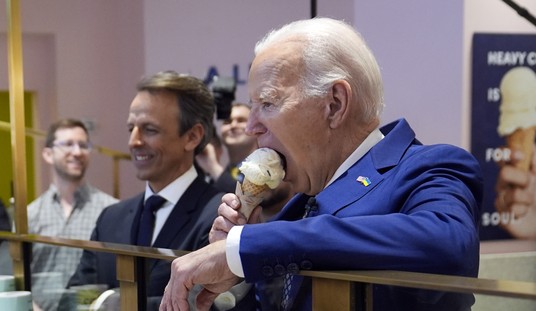
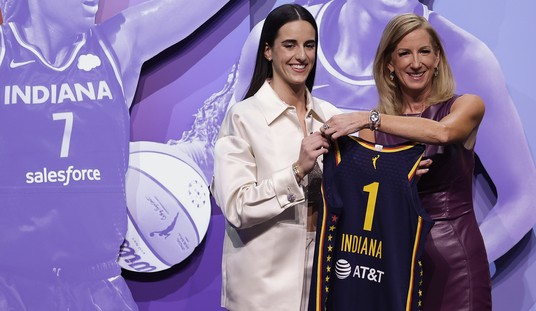

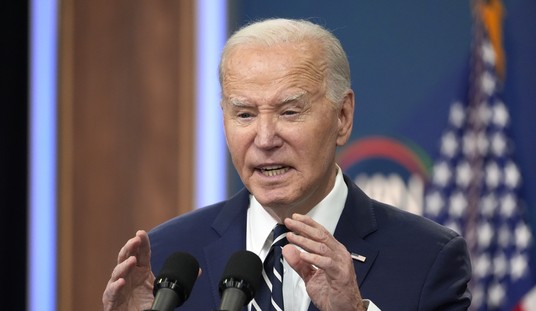




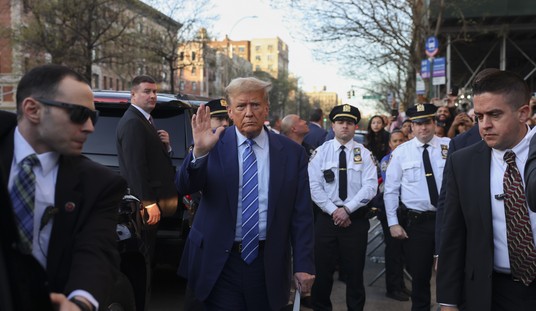



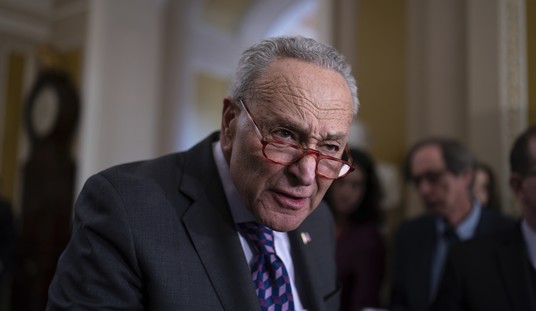
Join the conversation as a VIP Member